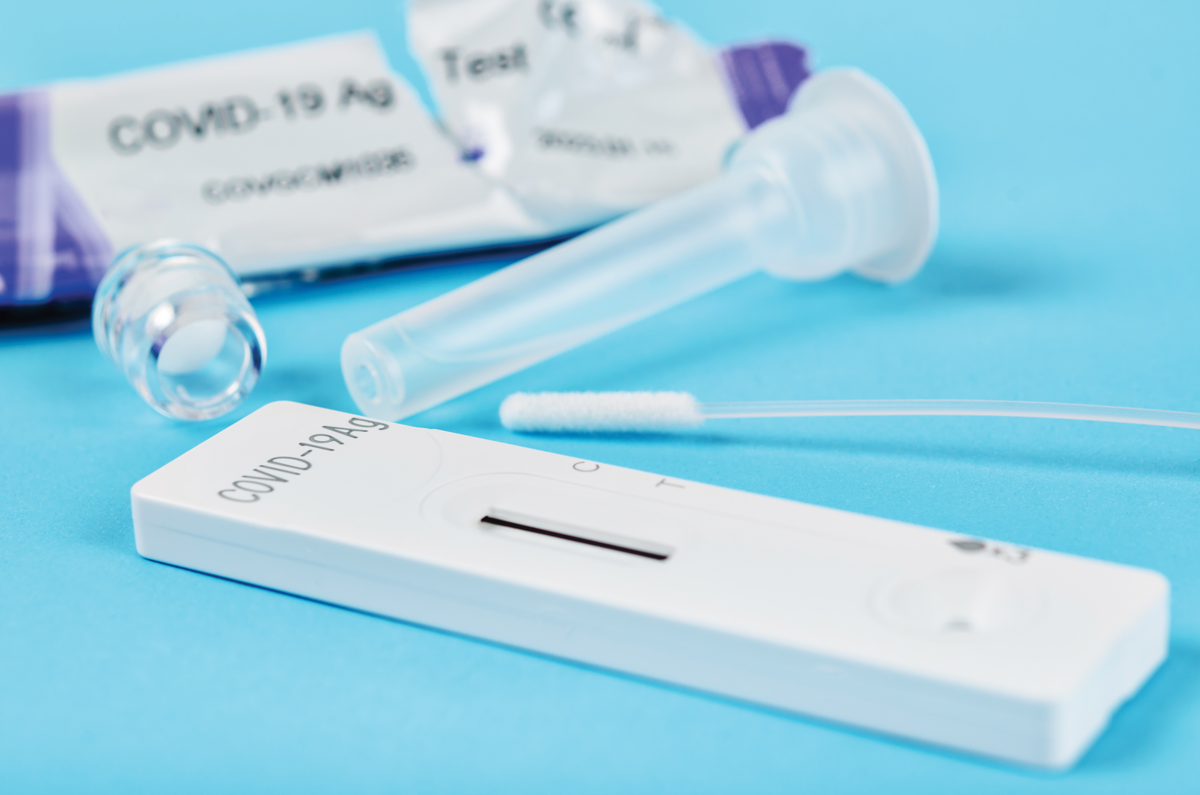Entry-level driver training requirements have changed
On Feb. 7, changes took effect regarding the Federal Motor Carrier Safety Administration’s Entry-level Driver Training regulations for a Commercial Driver’s License.
The regulations set the baseline training requirements for drivers who are:
- Obtaining a Class A or Class B CDL for the first time
- Upgrading an existing Class B CDL to a Class A CDL
- Obtaining a school bus (S), passenger (P) or hazardous materials (H) endorsement for the first time
According to the new requirements, a candidate must complete a course that includes theory and behind-the-wheel training conducted by a trainer listed on the Federal Motor Carrier Safety Administration Training Provider Registry. This training must be successfully completed with proof of completion provided to the state driver licensing agency before an individual can take the new license or endorsement skills test.
Obtaining a Commercial Learner’s Permit is the first step in the process to acquire a CDL. An applicant who meets one of the exceptions for taking a skills test is exempt from the new requirements. For example, a CDL is not required to operate a vehicle designed for fewer than 16 occupants or to operate an off-road construction vehicle designed for use only on a job site, so the new Entry-level Driver Training requirements do not apply.
A company can apply to be listed on the Training Provider Registry and provide the instruction. However, a company must meet the federal, state and/or local eligibility requirements for specific criteria related to curriculum, facilities, vehicles and instructors. A company also may enlist a third-party trainer to provide the training, provided the third-party trainer is listed on the Training Provider Registry.
Additional information is available on the Federal Motor Carrier Safety Administration’s website at fmcsa.dot.gov/regulations.
Employers may be obligated to pay for employee COVID-19 tests

|
Although employers no longer are subject to the Occupational Safety and Health Administration’s mandate requiring their unvaccinated employees to test for COVID-19, some still may choose to require testing and should consider whether they will be obligated to pay the cost of such tests, according to Bloomberg Law.
The Families First Coronavirus Response Act and the Coronavirus Aid, Relief, and Economic Security Act regulations have required that group health plans provide first dollar coverage for COVID-19 tests administered under medical supervision. Recently, the Health and Human Services, Labor and Treasury departments issued guidance expanding regulations to include coverage for over-the-counter COVID-19 tests.
By requiring coverage of at-home tests, the guidance improves access to testing but does not require coverage of all COVID-19 tests. Specifically, the regulations require coverage only of COVID-19 tests taken for diagnostic purposes—not surveillance purposes.
An example of a surveillance purpose is to demonstrate readiness for employment. Although the U.S. Supreme Court stopped OSHA from enforcing a “vaccine or test” rule for companies with 100 or more employees, some employers are considering whether to require testing for unvaccinated workers as a condition of continued employment.
Although the guidance and previous regulations do not require coverage for testing for these purposes, employers that self-fund their employees’ health benefits may indirectly pay the cost of testing through their health plans.
It is not necessarily clear whether a test is for diagnostic or surveillance purposes; test results do not say why a test was taken. Determining whether a test was solely for employment is a challenge. Additionally, the regulations under the Family First/CARES Act generally prohibit health plans from using prior authorization, screening and other medical management techniques to find out.
There also could be confusion when differentiating between at-home tests required to be covered and those that are not; health plans typically do not process pharmacy claims for over-the-counter products. And apart from regulations, the terms of an employer’s health plan could require coverage for tests taken for employment purposes. Some states also may require employers pay for tests they require employees to take.
Some employers may want to pay for tests their employees take as a condition for continued employment. However, attorneys at Dorsey & Whitney LLP, Minneapolis, say providing such coverage can create traps. Creating the apparatus to pay testing costs (outside of a group health plan) may create its own Employee Retirement Income Security Act of 1974 plan, including an Employee Assistance Plan. Such plans then may require compliance with complex rules and regulations, some of which may override state laws. Also, if not properly administered, on-site testing programs may raise Health Insurance Portability Accountability Act (HIPAA) and other privacy concerns.
Self-funded employers reportedly should watch for exorbitant testing fees. There are no liability caps regarding the cost per test for tests taken under medical supervision.
Self-funded employers also should pay attention to the testing costs their health plans pay—especially if they require their unvaccinated employees to test. Employers are encouraged to review the provisions of their health plans and state law, carefully follow Employee Retirement Income Security Act requirements and coordinate with their service providers to ensure the proper administration of COVID-19 testing claims.



